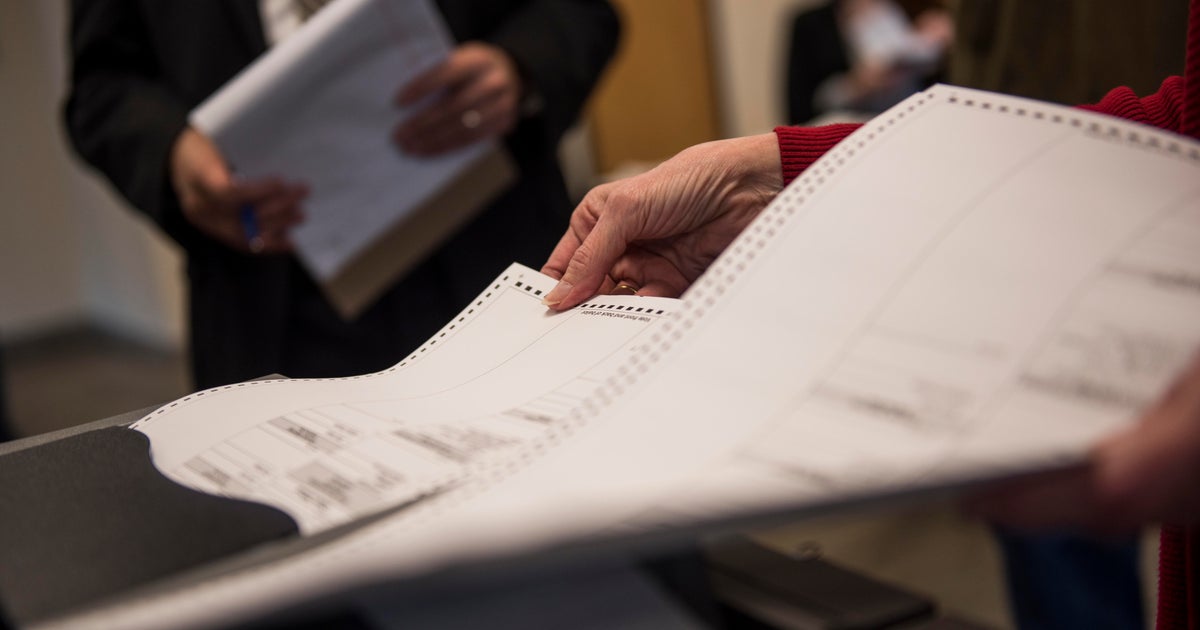CBS News poll analysis: Should Trump have immunity? Should all presidents?
As the Supreme Court considers its decision on the matter, most Americans don't think Donald Trump should have immunity from criminal prosecution for actions taken while president, and most don't think presidents generally should have immunity either.
Some Republicans, though, feel a little differently: they think Trump should have immunity.
This question was asked of a representative half of survey respondents in the latest CBS News poll.
The other half were asked just about whether "U.S. presidents" should have immunity from criminal prosecution, with no mention of Donald Trump, specifically.
Most Americans also oppose immunity for "U.S. presidents" generally.
(The ones who favor immunity tend to be older and more conservative. That may suggest a different ideological view of the role of the presidency, but it's also possible that since they are among the kinds of groups backing Trump today, there may be some recent news about Trump in their minds informing these views, even though he was never directly mentioned in the question.)
In all, comparing the two groups, Republicans asked about Trump were more likely to say he should have immunity than were the Republicans asked about presidents generally.
Two-thirds of Republicans think Trump should have immunity from prosecution, but that number drops to just 45% when they're asked more generally whether "U.S. presidents" should have the same immunity. In fact, more than half of Republicans think presidents generally should not.
The shifts in opinion among Democrats and independents on these questions were much smaller.
This CBS News/YouGov survey was conducted with a nationally representative sample of 2,063 U.S. adult residents interviewed between June 5-7, 2024. The data includes an oversample in Arizona, Georgia, Michigan, Nevada, North Carolina, Pennsylvania, and Wisconsin. The sample was weighted by gender, age, race, and education, based on the U.S. Census American Community Survey and Current Population Survey, as well as past vote. The margin of error is ±3.2 points among all adults and ±3.8 points among registered voters.







